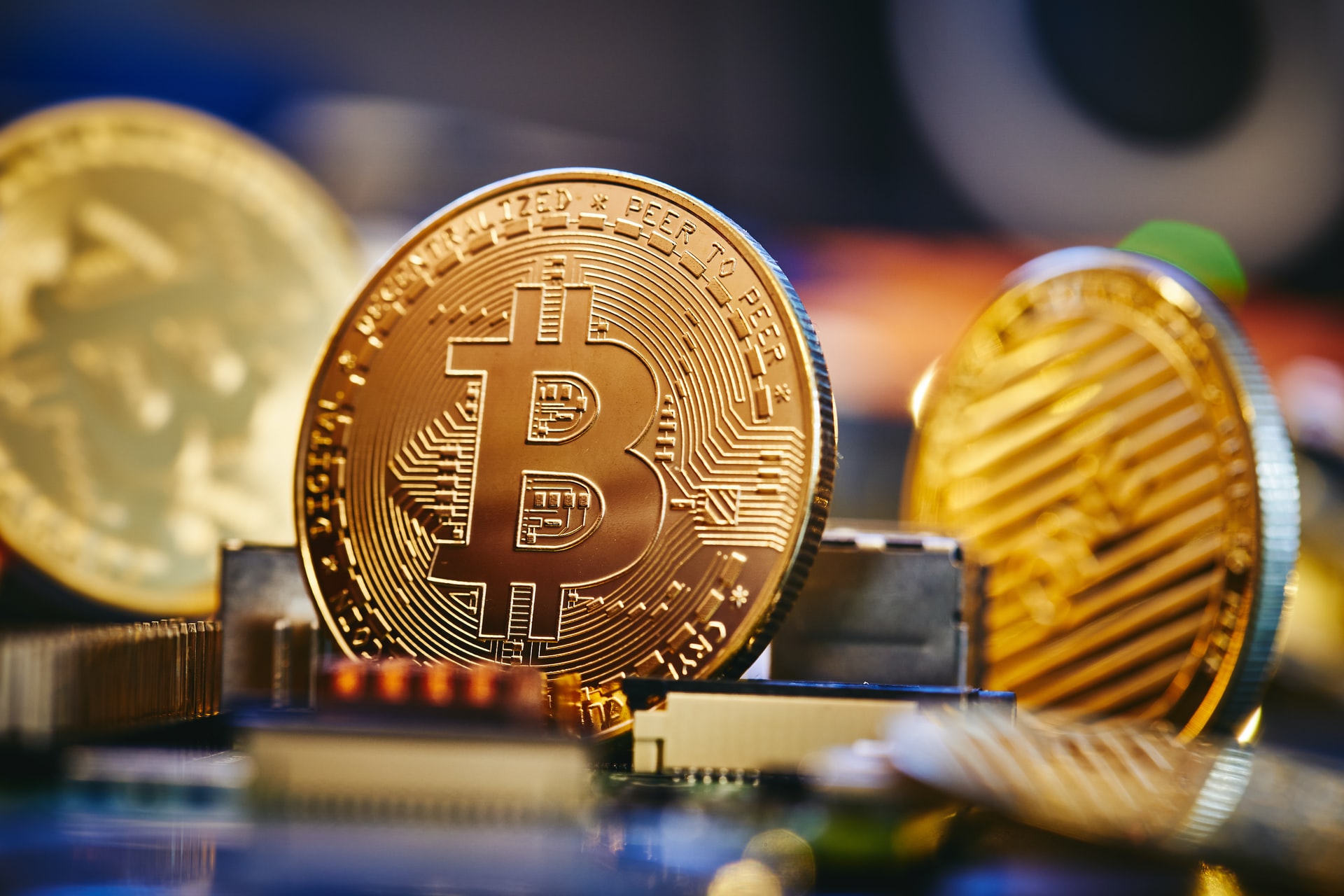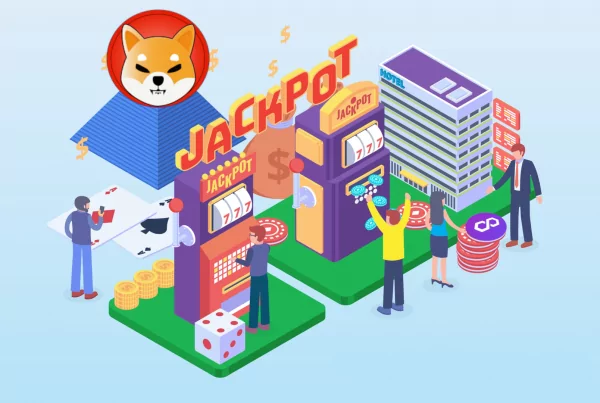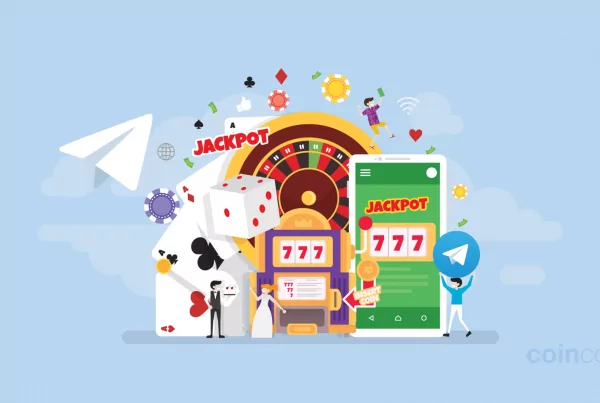
Key takeaways:
- Peter Thiel, a prominent tech investor and co-founder of PayPal, feels he underinvested in Bitcoin
- Thiel believes that the recently reached Bitcoin’s ATH points to the failure of central banks
A billionaire entrepreneur and venture capitalist Peter Thiel feels he has “underinvested” in Bitcoin. When interviewed at an event hosted by policy brain-trust Lincoln Network on Wednesday, Thiel revealed his stance on the world’s largest crypto and called out central banks for essentially being bankrupt.
Theil shared his thought on crypto, central banks, and AI
The outspoken tech investor and self-proclaimed libertarian said that Bitcoin rallying to its new all-time high is worrisome for central banks. He went on to explain that Bitcoin’s latest bull run “tells us that we are at a complete bankruptcy moment for the central banks.”
Thiel’s stance was recently echoed by a group of JPMorgan strategists, who attributed BTC’s historical performance to inventors’ concern over rising inflation levels, and not to the recent launch of a first US-traded Bitcoin ETF.
Theil also talked about his personal investment in digital assets and said that he felt “underinvested” in Bitcoin. He added that despite its huge success, Bitcoin is still somewhat of a secret for many investors, which means that the world’s largest crypto has a lot of room to grow.
“Bitcoin is a hedge against the whole world falling apart.”
When talking about the advancement made in the field of artificial intelligence, Thiel was quick to criticize the nascent technology, calling AI systems that are used for surveillance purposes “essentially communist,” and said he fears that the AI technology is “going to destroy the world.”
Billionaire investor whose rise to prominence is strongly linked with the success of PayPal has famously remarked that longing BTC is a protective measure in the face of a looming financial collapse. Thiel has been championing the benefits of Bitcoin for a long time and thinks BTC succeeded in its role as a currency since way back in 2014 when it was still trading below the $1000 mark.



